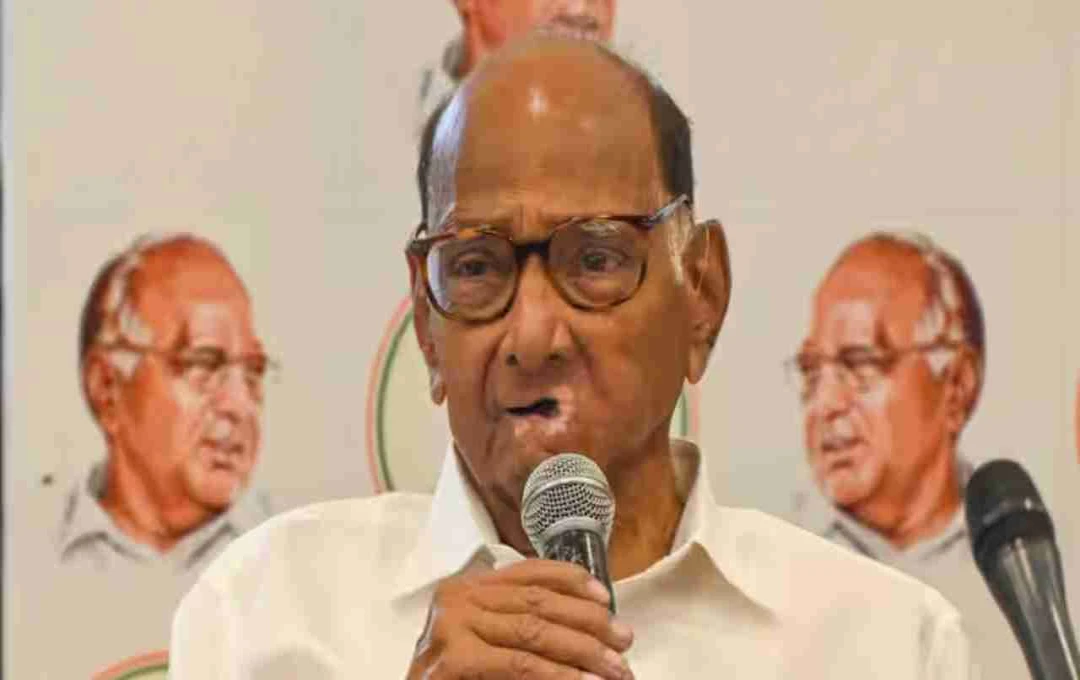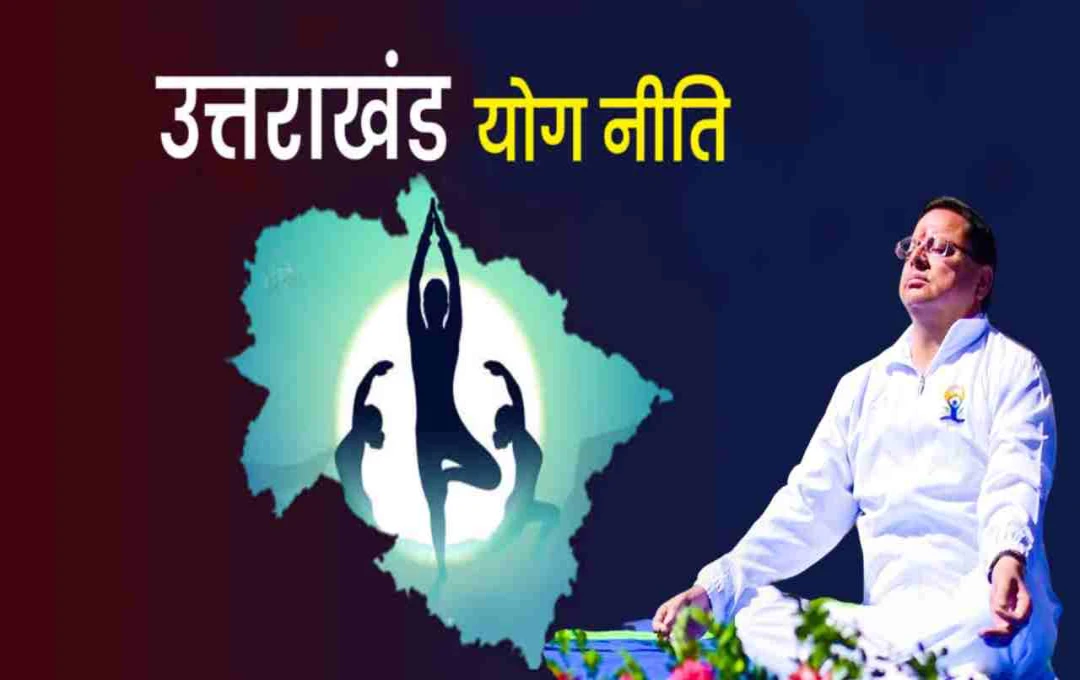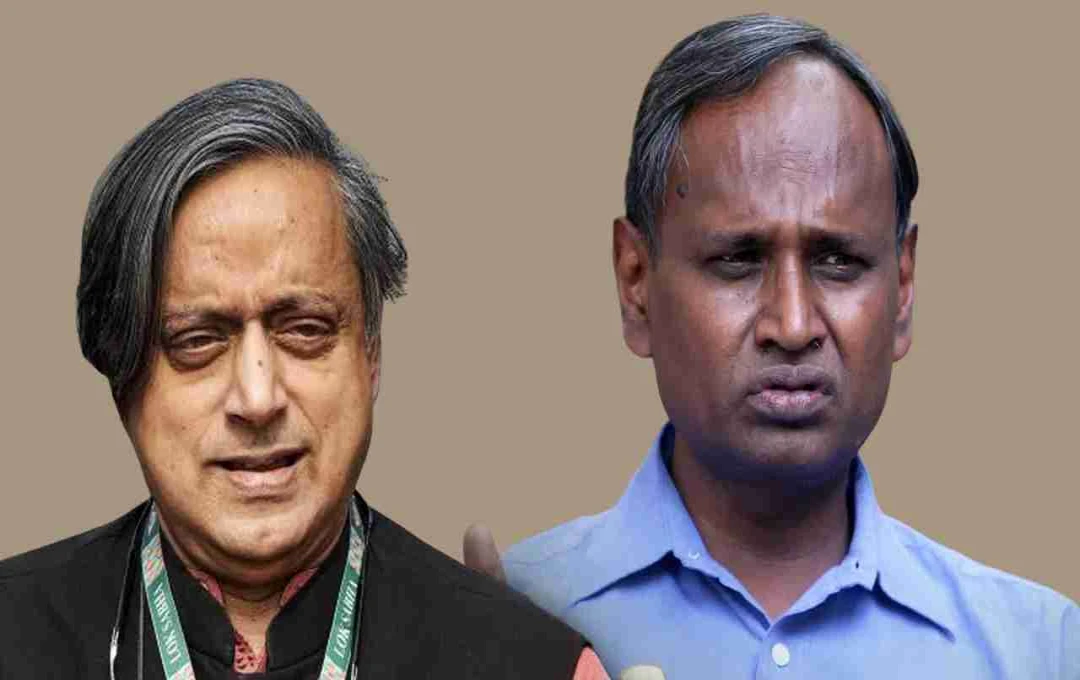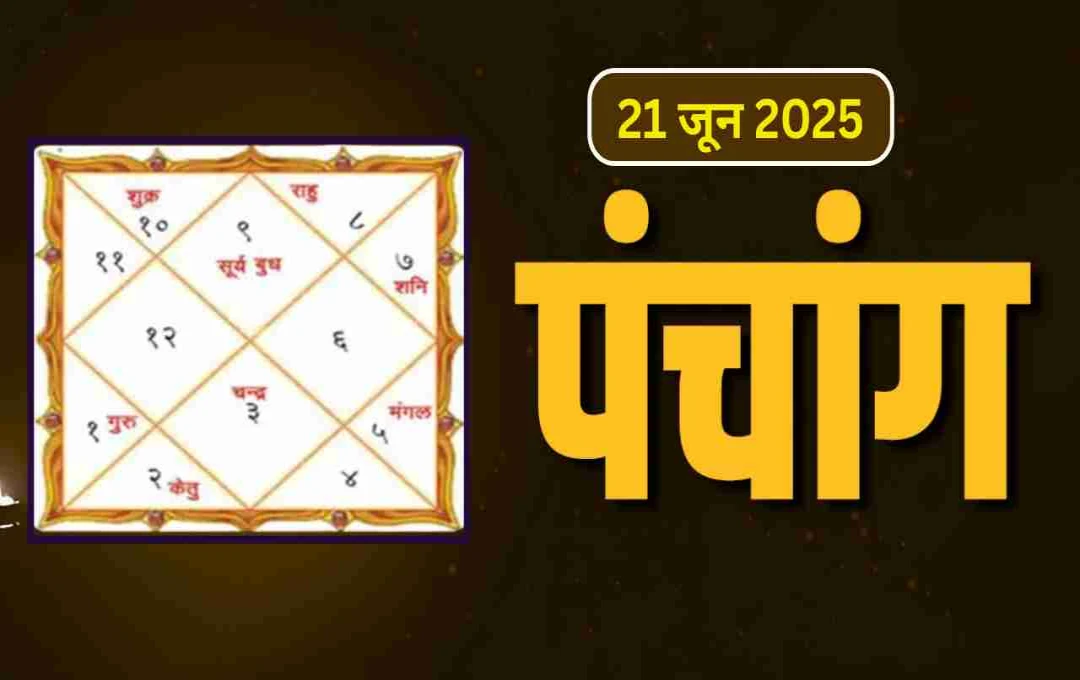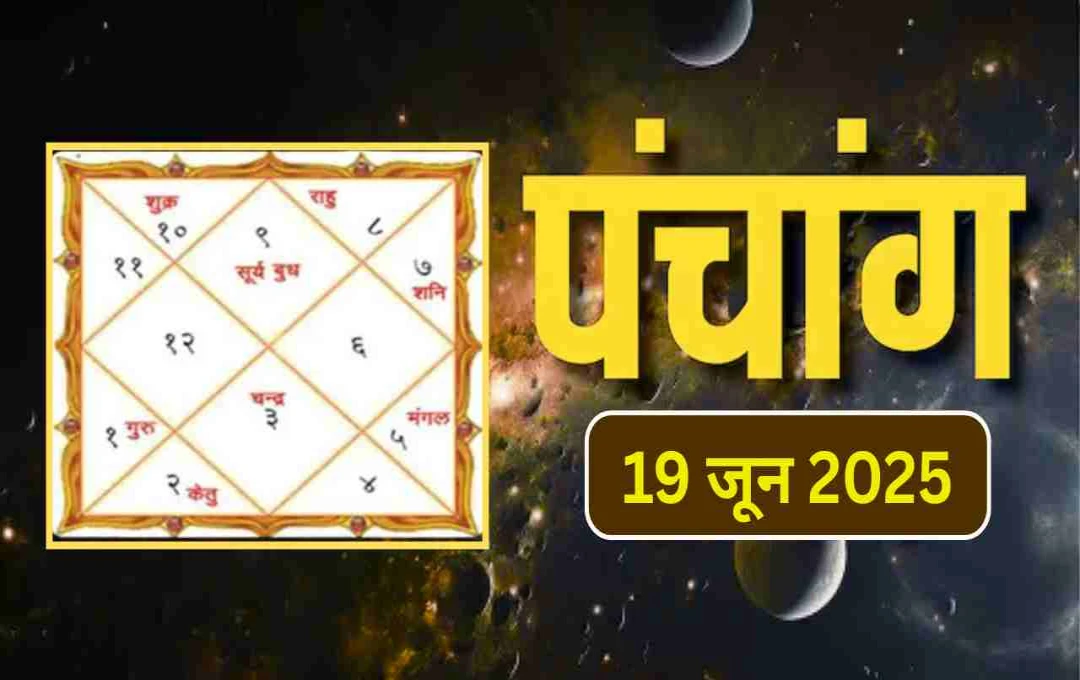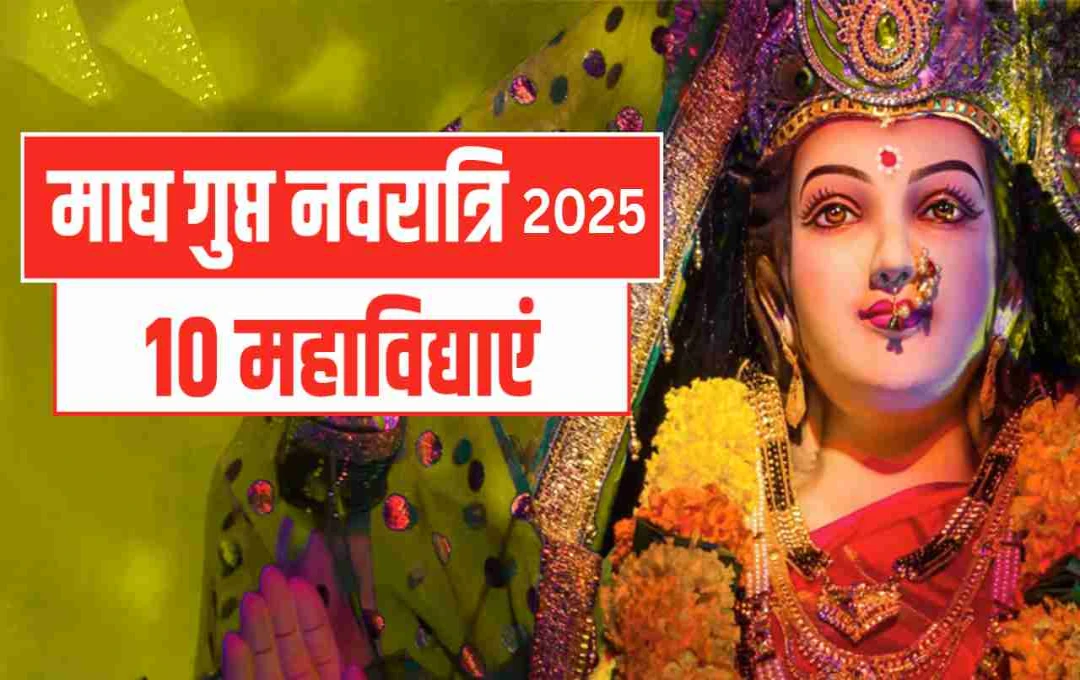Political turmoil has intensified in Maharashtra over the decision to make Hindi a compulsory third language in schools from classes 1 to 5. Several regional parties have protested this decision, and now NCP (Sharad Pawar faction) leader Sharad Pawar has also reacted.
Hindi Compulsory In Maharashtra: The decision to include Hindi as a third language in school education in Maharashtra has heated up the state's politics. This decision was taken by the state government under the National Education Policy (NEP), but several regional parties and leaders are now bly opposing it.
Specifically, Nationalist Congress Party (NCP-SP) chief Sharad Pawar and Shiv Sena (UBT) president Uddhav Thackeray have criticized this move, questioning the politics of imposing a language.
Sharad Pawar's Statement: 'Hindi Should Remain Optional'
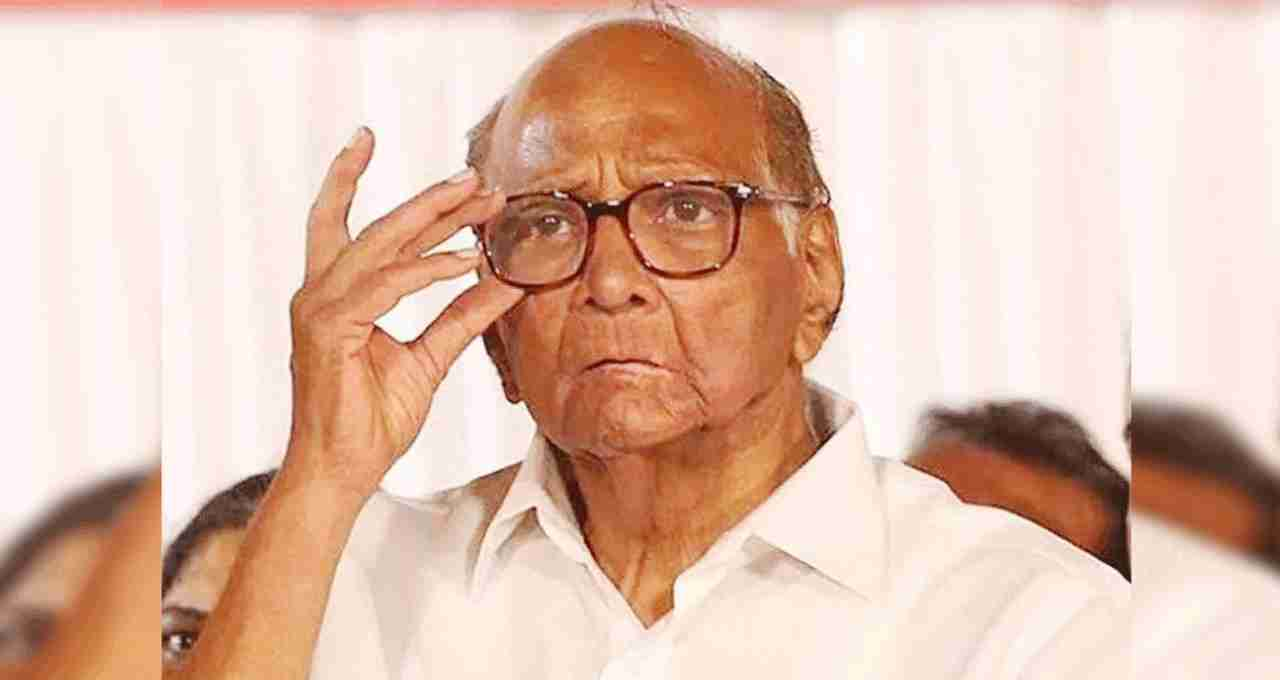
NCP (Sharad Pawar faction) president Sharad Pawar has clearly stated that Hindi should not be made compulsory in Maharashtra schools. He said: "This decision should not be imposed on students. Hindi can be kept as an option so that students who want to learn it can choose it voluntarily. Just because 50-60 percent of the country's population speaks Hindi, it does not mean it should be imposed on everyone."
Sharad Pawar's statement clearly indicates that he views the choice of language as linked to individual freedom and regional identity. While not directly challenging the central government's policies, he has criticized making Hindi compulsory.
Uddhav Thackeray's Sharp Attack: 'Will Not Allow Hindi Imposition'
Earlier, Shiv Sena (UBT) chief Uddhav Thackeray also launched a campaign against the imposition of Hindi in Maharashtra. In a public meeting on June 19, he said: "Devendra Fadnavis, if you have the courage, try imposing Hindi. The people of Maharashtra will not accept it. A Hindu versus Hindu fight is being orchestrated in Mumbai. If you have to impose it, go and impose it in Gujarat." Thackeray termed it a cultural intervention and said that Marathi is the mother tongue of Maharashtra and should be given priority.
MNS and Marathi Organizations Also Express Displeasure
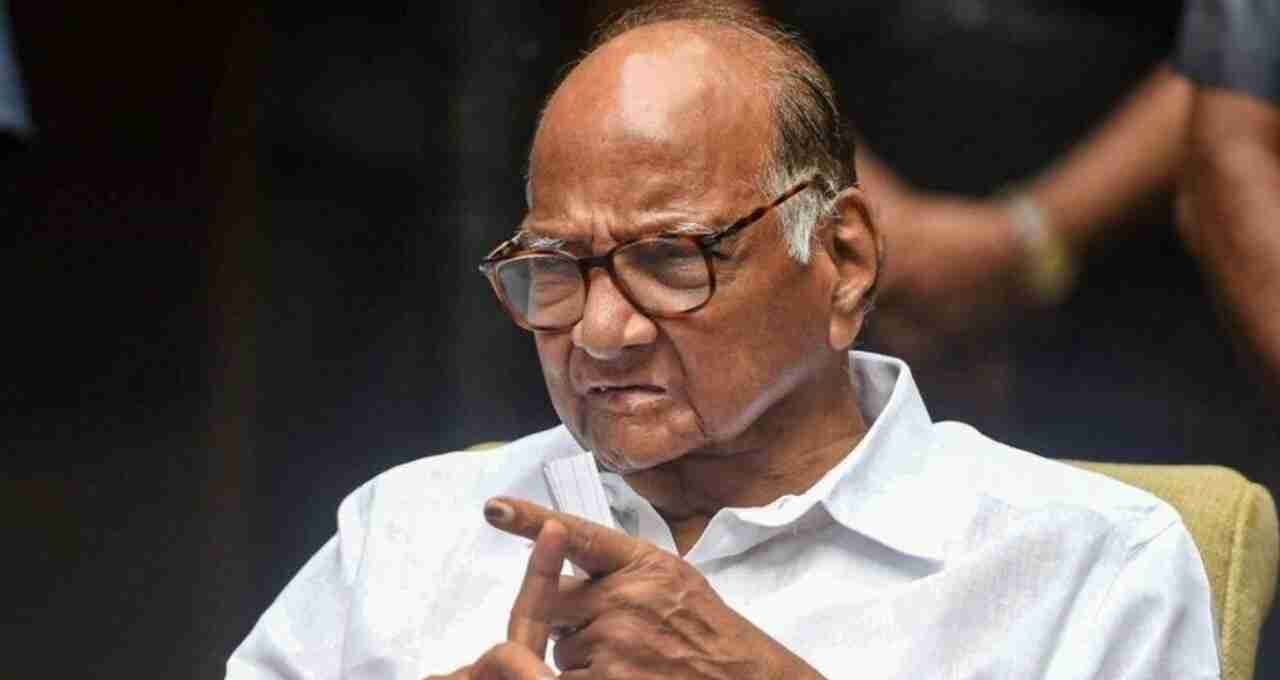
Raj Thackeray's Maharashtra Navnirman Sena (MNS) and several Marathi organizations have also bly opposed this decision. These organizations believe that the central government's intervention in the state's language policy could jeopardize the state's cultural identity.
Fadnavis's Stance: Third Language Option, Promotion of Knowledge
Amidst this wave of opposition, Deputy Chief Minister Devendra Fadnavis attempted to clarify the situation. He said: "Under the National Education Policy (NEP), a three-language policy has been implemented across the country. In this, students are taught their mother tongue, English, and another Indian language. Maharashtra cannot be excluded from this. What is the harm if a student learns an additional language?"
He also mentioned that the Supreme Court dismissed Tamil Nadu's petition, making it clear that the three-language policy is within the purview of the Constitution. The revised government order (GR) issued by the state government on June 17 clarified that Hindi will not be compulsory but will be taught as a third language. However, if 20 or more students in a class want to learn another Indian language, they will be allowed to learn that language instead of Hindi.
